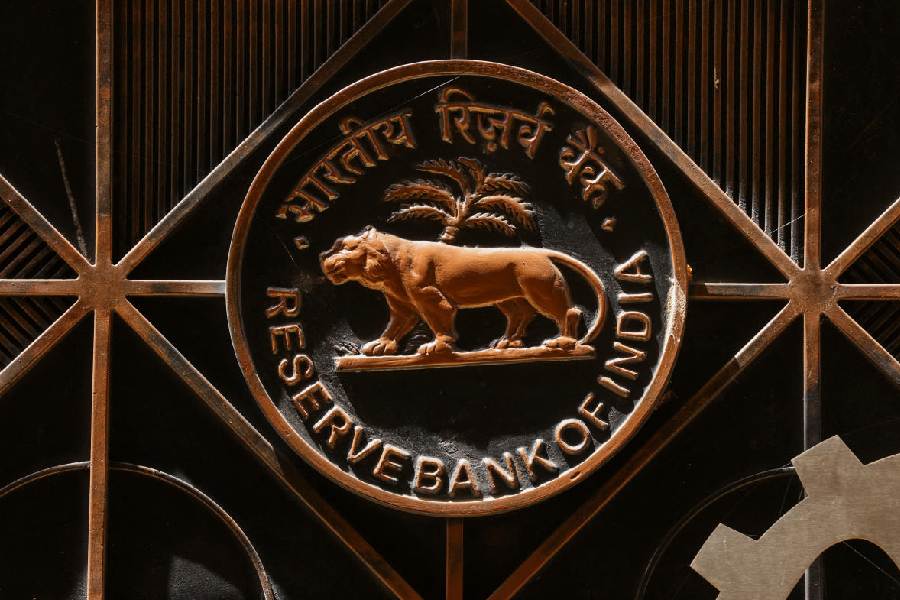The Reserve Bank of India’s monetary policy committee remain fearful of recurrent food price shocks which have prevented retail inflation from cooling quickly to the desired 4 per cent level on a durable basis.
The committee has been deeply riven with only two of the six members calling for an immediate interest rate cut even as the others baulked at the idea because of the concerns surrounding food prices.
The minutes of the three-day meeting that ended June 7 provided a glimpse of just how divergent the committee’s views were. External member Dr Ashima Goyal had joined counterpart Dr Jayanth Varma in calling for a cut in the repo rate by 25 basis points and a change in the monetary policy stance to neutral. Until this meeting, Varma was the lone voice calling for a rate cut and an end to the accommodation policy adopted in June 2019.
Observers were keen to scope out the views of Shashank Bhide, the third external member, to determine whether he was likely to switch sides at subsequent meetings.
However, the minutes seemed to indicate that there was little likelihood of that anytime soon as he continued to focus on the need to align retail inflation to the target of 4 per cent over the medium term.
While the other members have often cited food price shocks as the main reason to retain the inflation fight, Dr Goyal reminded the committee that the “world seems to have learnt to live with them’’.
Pointing out that the volatility seen in April had moderated, she said that conflicts have been contained and international oil prices are softening despite the extension of OPEC’s production cuts. Palm oil inflation, which affects many consumer goods costs in India, is also softening.
According to Dr Goyal, the good monsoon predicted has already set in and will likely reduce food inflation. She added that the general elections are over and results suggest political stability but also policy continuity rather than disruptive changes.
“India gets a credible opposition, which strengthens democracy. Even so, a conservative government with a good implementation record will return and is likely to continue with fiscal consolidation through a better composition of expenditure and other short and long-term cost-reducing supply-side reforms,” she added.
Goyal maintained that in addition to a lower probability of a large supply shock, the experience of the past year shows supply shocks no longer have persistent effects on inflation or inflation expectations. “We have waited for one year to watch the impact of these shocks, now it is time to move on,” she said.
Varma said the current real policy rate of 2 per cent (based on projected inflation) is well above the level needed to steer inflation to its target. However, Bhide said the policy should look to maintain the inflation rate aligned to the target over the medium term.










